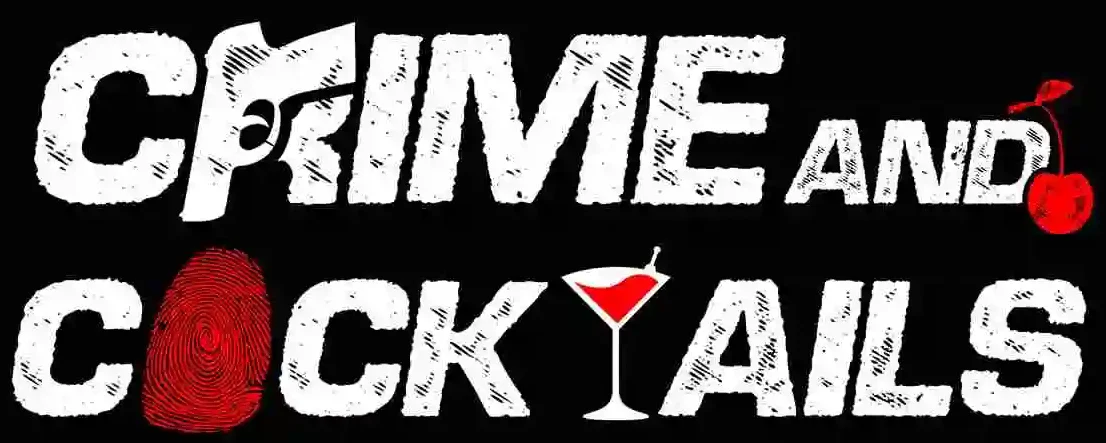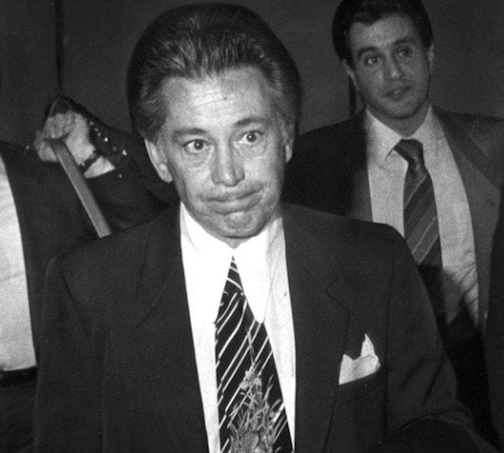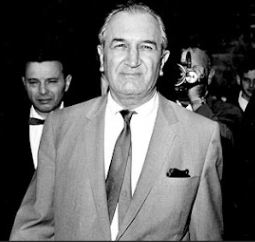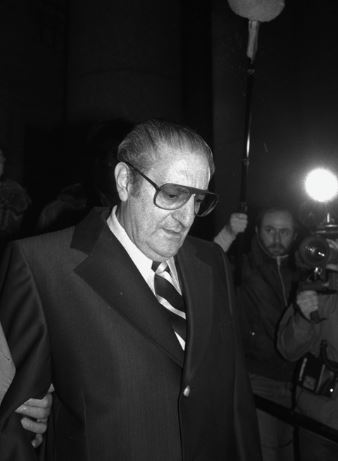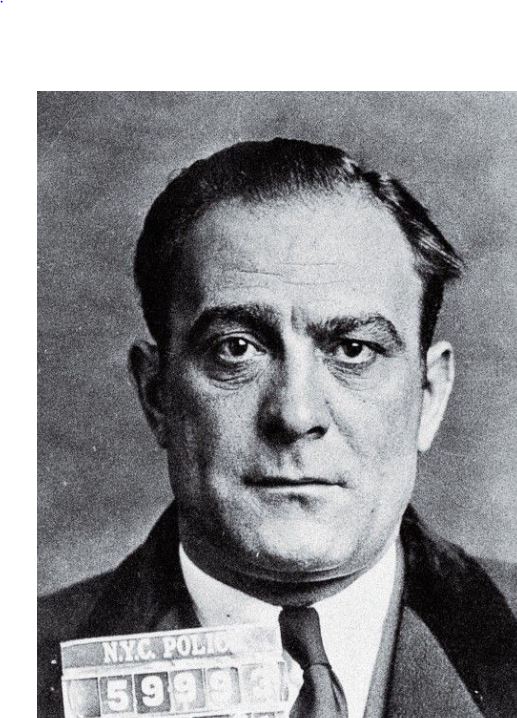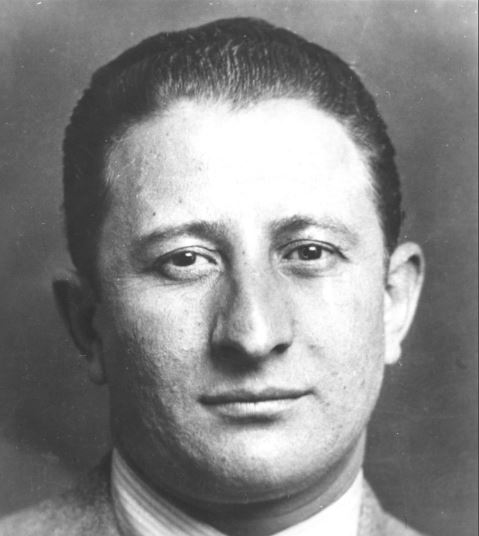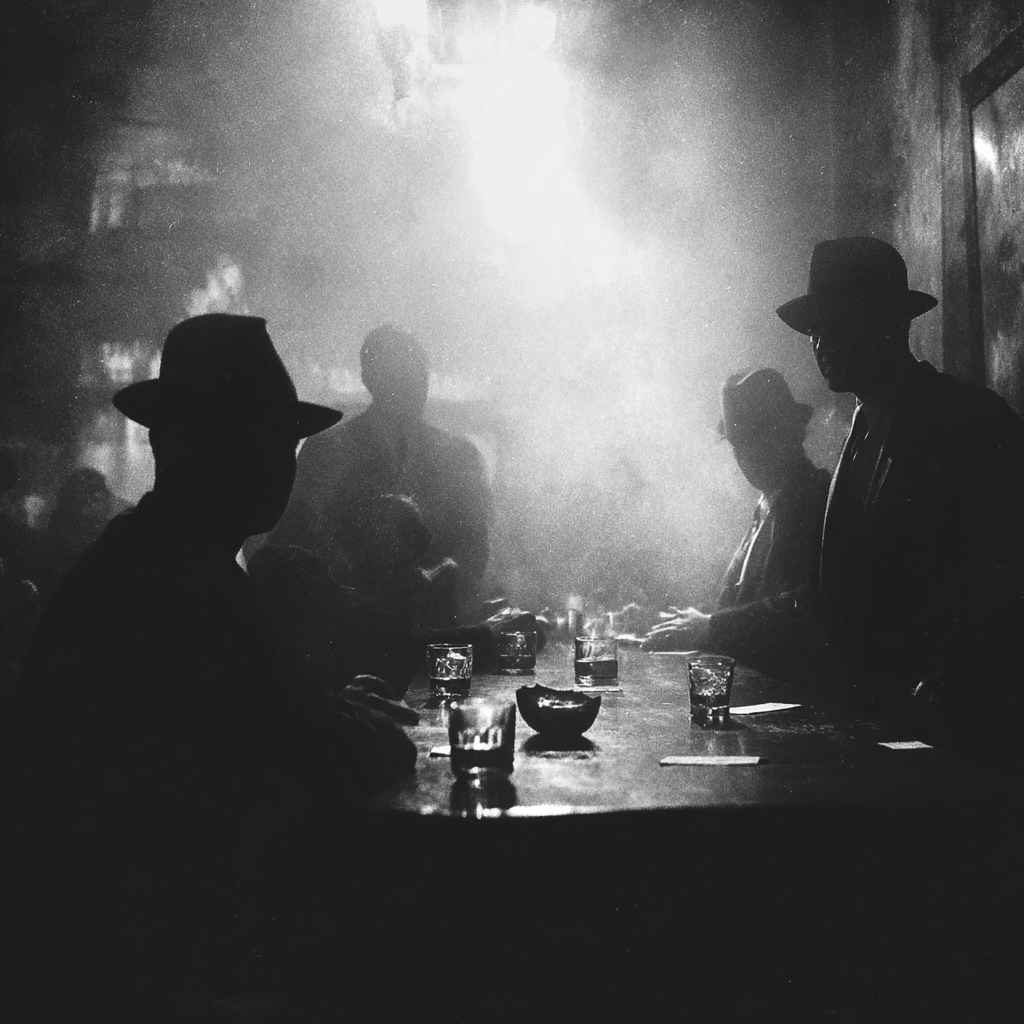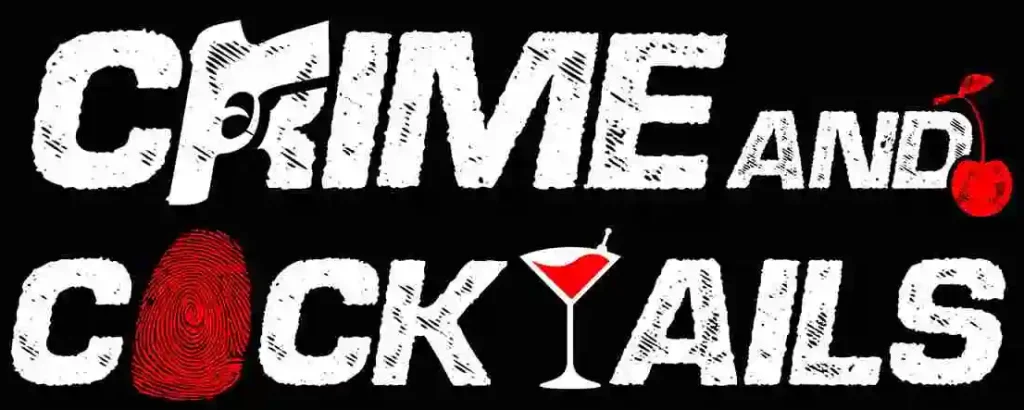In the shadowed heart of 1980s Philadelphia, Nicholas “Little Nicky” Scarfo ruled like a rabid dog in a silk suit. Small in stature but volcanic in rage, Scarfo rose from a mid-level mobster to one of the most feared bosses in La Cosa Nostra history. For a few blood-soaked years, he transformed a struggling mafia family into a personal fiefdom of terror—until his paranoia consumed everything he built, and everyone who ever stood beside him.
Scarfo’s story isn’t just one of greed or violence. It’s about what happens when power metastasizes into fear—when loyalty becomes a weapon, and loyalty’s reward is death. His empire didn’t crumble under federal pressure alone; it collapsed from within, poisoned by the same venom he used to control it.
A City on the Edge
When Nicky Scarfo took over the Philadelphia crime family in 1981, the underworld was already reeling. Angelo Bruno—the “Docile Don,” known for his diplomacy—had been gunned down in his car two years earlier, his mouth stuffed with paper as a warning to anyone who thought gentleness could survive in a world of predators. His successor, Phil Testa, lasted barely a year before a nail bomb ripped him apart on his own doorstep.
Into this chaos stepped Scarfo: a man who’d spent years exiled in Atlantic City, nursing grudges and dreams of domination. To outsiders, he seemed almost pitiful—barely five-foot-five, with a high-pitched voice and a taste for flashy suits. But beneath the gaudy exterior was a creature of pure rage. Scarfo saw betrayal everywhere, and he believed the only way to survive was to kill before being killed.
And kill he did.
Murder as Management
Where Angelo Bruno had ruled with quiet restraint, Scarfo ruled through blood. Disrespect, real or imagined, became a death sentence. A glance, a rumor, even a poorly timed joke could get a man buried in concrete.
He once ordered a hit on a man simply because the victim failed to greet him respectfully at a restaurant. Another time, he sent his nephew, Philip “Crazy Phil” Leonetti, to murder a friend of the family—an act that left even hardened killers sickened.
Scarfo’s brutality wasn’t just personal—it was policy. He believed terror would breed obedience. Every meeting was a performance of dominance. He’d rage and curse, daring anyone to challenge him. No one did. But every glare he silenced, every life he ended, added another crack to the foundation beneath him.
Even among mobsters—men for whom murder was routine—Scarfo’s madness stood out. He wanted not just obedience but worship. He didn’t run a family; he ruled a cult of fear.
Blood in the Boardroom
As the 1980s rolled on, Scarfo extended his reach beyond Philadelphia, taking advantage of Atlantic City’s casino boom. He strong-armed contractors, extorted unions, and skimmed profits from construction deals. Money poured in—but so did enemies.
The FBI was circling. Rival mob families in New York saw Scarfo’s chaos as bad for business. And inside his own ranks, resentment simmered. Scarfo’s paranoia had turned his organization into a minefield. Soldiers who had once been allies were now targets. Associates were pitted against one another, each terrified of being next on his list.
Even his inner circle lived on a knife’s edge. His nephew Leonetti—once his most trusted lieutenant—watched Scarfo’s mental unraveling with growing dread. He saw the boss becoming more reckless, more suspicious, more dangerous to those closest to him.
Scarfo began to see ghosts everywhere. He thought the feds had infiltrated his crew, that even blood relatives were plotting against him. And so he did what he always did: he ordered more hits.
The result was an organization rotting from the inside. Every man feared his neighbor. Every whisper was a potential death warrant.
The Cracks Widen
In 1986, the law finally caught up. The FBI, aided by years of wiretaps and flipped informants, launched a sweeping case against the Philadelphia mob. Scarfo and dozens of his associates were indicted on charges ranging from racketeering to murder.
In public, Scarfo tried to project defiance. In private, he seethed. From his cell, he sent word to keep the machine running—to punish those he believed had betrayed him. But the power was slipping away. Without his iron grip, the family fractured into feuding factions.
Then came the betrayal that broke him.
Leonetti, his loyal nephew—the young man who’d once killed at his command, who’d stood beside him through every act of savagery—turned. Facing a long prison sentence and haunted by years of guilt, Leonetti chose to cooperate with the government. His testimony became the nail in Scarfo’s coffin.
It wasn’t just about self-preservation. Leonetti, like so many others, had grown sick of the blood. Sick of the paranoia. Sick of watching his uncle destroy everything they had built. Scarfo had demanded loyalty unto death—but he’d made death the only loyal choice.
Even the Ruthless Fall
In 1989, Nicky Scarfo was sentenced to 55 years in federal prison, later extended by more convictions. He spent the rest of his life behind bars, a king without a kingdom. When he died in 2017 at age 87, he left behind nothing but ruins: a decimated organization, a family turned against him, and a legacy of brutality that even the mob disavowed.
Those who once trembled in his presence barely spoke his name. The Philadelphia family he’d sought to control was shattered, rebuilt under men who wanted nothing to do with his style of rule. Fear, it turned out, was a poor foundation for power.
Scarfo believed he could dominate through terror forever. But power built on intimidation is like a house of mirrors—fragile, deceptive, and destined to collapse under its own reflection. When people have been cut too many times, they eventually stop being afraid of the blade.
His lieutenants had followed him because they feared him. But fear only holds until desperation outweighs terror. When the men closest to him finally realized that Scarfo’s paranoia endangered them all, they didn’t revolt with bullets—they simply told the truth. The truth, in the end, was deadlier than any gun.
The Lesson in the Fall
Scarfo’s reign is a study in how absolute power corrodes even those who wield it. He began as an underdog—a scrappy survivor who clawed his way up through cunning and violence. But the higher he climbed, the smaller he became. Every act of betrayal he committed to protect himself only made him more isolated.
At the height of his power, he had soldiers, money, influence, and fear on his side. But when the walls closed in, all that remained was the silence of men who no longer cared to defend him.
That is how tyrannies end—not with a gunshot, not with a single act of justice, but with quiet rejection. With those once loyal deciding that enough is enough.
Scarfo’s story is not just the history of one mobster—it’s a timeless warning. Fear may build empires, but it can’t sustain them. The people who prop up tyrants eventually grow tired of living in terror. When they finally turn, the fall is swift, brutal, and absolute.
Even the most ruthless, the most cunning, the most untouchable—eventually find that everyone they stepped on remembers the weight.
And when those people decide to stop holding you up, no amount of bluster can stop the fall.
